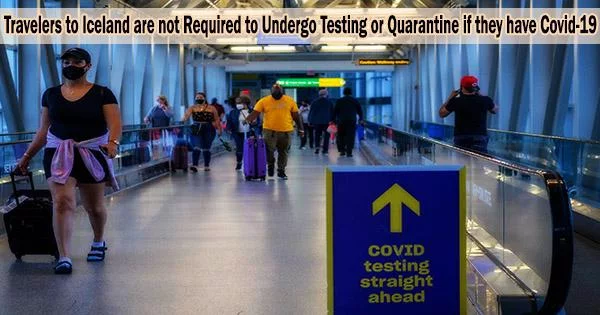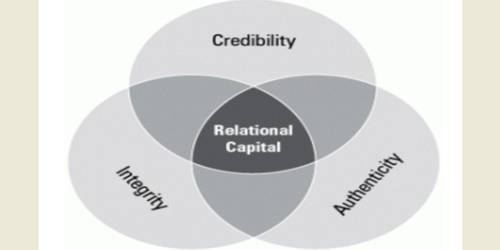Travelers who have already contracted the coronavirus and recovered from it will be able to enter Iceland without having to undergo quarantine or a test.
The necessary Covid-19 quarantine and screening requirements will be waived starting on December 10, 2020 for visitors who can show documentation of a past infection, according to the country’s Directorate of Health.
According to current regulations, anyone entering Iceland from a Covid-19 risk area must spend 14 days in quarantine or perform two Covid-19 screening tests, each followed by five days of isolation until the second test’s results are known. The border screening tests are temporarily free of charge from Tuesday until January 31. All countries are currently considered risk areas.
A representative for Iceland’s Ministry of Foreign Affairs told CNN in an email that travelers will only be exempt from border controls if they can show proof of prior infection in the form of recorded results from a laboratory within the European Economic Area/ European Free Trade Association area or a confirmation from the chief epidemiologist in Iceland. They emphasized that clinical diagnosis are not considered reliable.

Following an initial surge in cases in February, Iceland has received plaudits for how it handled the situation. After a rigorous regime of tracking and tracing, the country reopened its borders on June 15.
A “cautious relaxation” of various gathering regulations took place in the nation in November, enabling leisure, youth, and sporting events for schools.
Gatherings in the country are restricted to 10 people. A maximum of 50 people can enter smaller pharmacies and food shops at any one time, rising to a maximum of 100 for larger stores.
Restaurants may not remain open after 9 p.m. and bars and nightclubs are closed, along with pubs, entertainment venues, arcades, swimming pools and gyms.
There have been 5,413 reported cases of coronavirus in Iceland, and 27 deaths, according to figures from Johns Hopkins University.
















